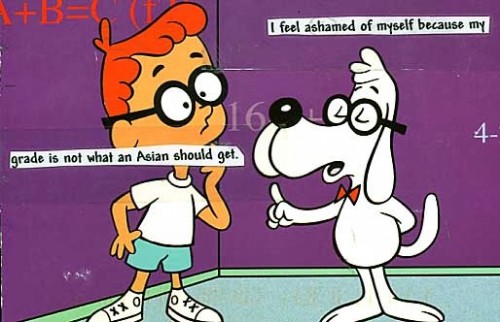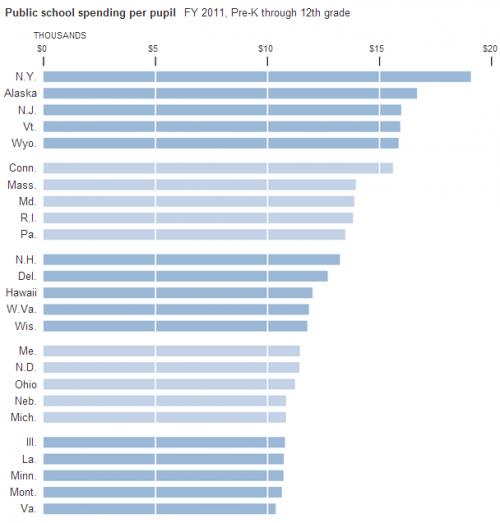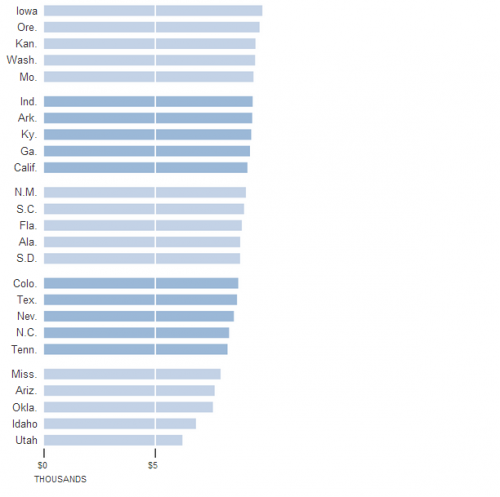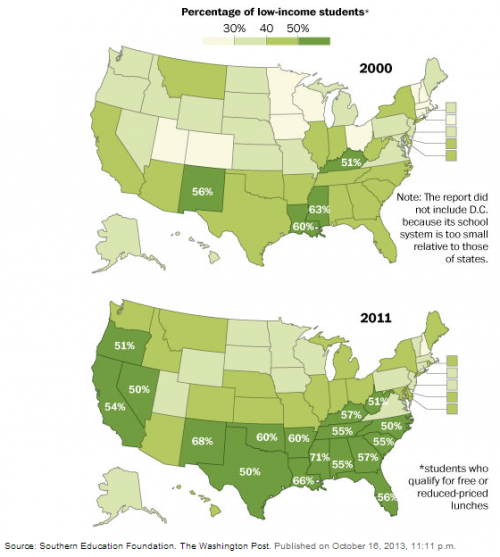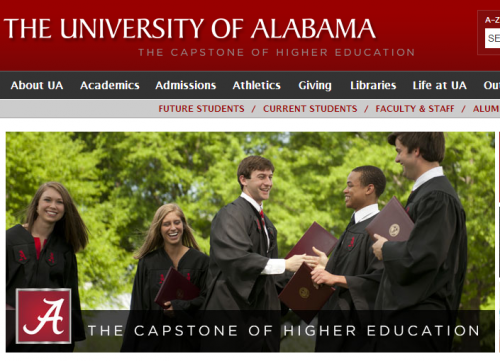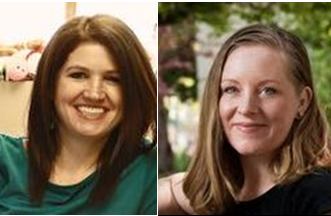“I feel ashamed of myself because my grade is not what an Asian should get,” reads a PostSecret confession. The quote reflects the popular perception among Asians and non-Asians, alike, that if you are Asian, you should receive a top grade; anything less than an A is an “Asian F.”
The idea highlights two points. First, academic achievement is racialized, with Asian Americans as the reference group for academic excellence. Second, the expectations and the perceived norm for achievement are higher for Asian Americans than for other groups.
The association between Asian Americans and achievement is relatively recent. Less than a century ago, Asians were described as illiterate, undesirable, and unassimilable immigrants, full of “filth and disease.” As “marginal members of the human race,” they were denied the right to naturalize, denied the right to intermarry, and were segregated in crowded ethnic enclaves.
So what changed? The answer: the skills and educational profiles of post-1965 Asian immigration. According to the Pew Research Center, among recent Asian immigrants between the ages of 25 and 64, 61% have at least a bachelor’s degree — more than double the U.S. average of 28%. This is salient because children of highly-educated, middle-class parents — regardless of race/ethnicity — have a competitive edge over their poor and working-class counterparts.
That a higher proportion of Asian immigrant parents hail from educated backgrounds explains, in part, why they insist on supplementing their children’s education with tutors, after-school classes, and summer school. Their investment in supplementary education helps to insure that their children will stay ahead of their peers. In addition, because tutoring services and supplementary education classes are available in Asian ethnic communities, poor and working-class Asians have access to them, which, in turn, helps them academically achieve, in spite of their disadvantaged class status.
That the status of racial/ethnic groups have changed (and may likely change again) underscores that there is nothing obvious or natural about the link between race/ethnicity and achievement. But, without understanding the high-selectivity of Asian immigrants and their means of supplementing their children’s education, one could make the specious argument that there must be something natural or essential about Asian Americans that result in high expectations and exceptional academic outcomes.
Jennifer Lee, PhD, is a sociologist at the University of California, Irvine. Her book, The Diversity Paradox, examines patterns of intermarriage and multiracial identification among Asians, Latinos, and African Americans.

